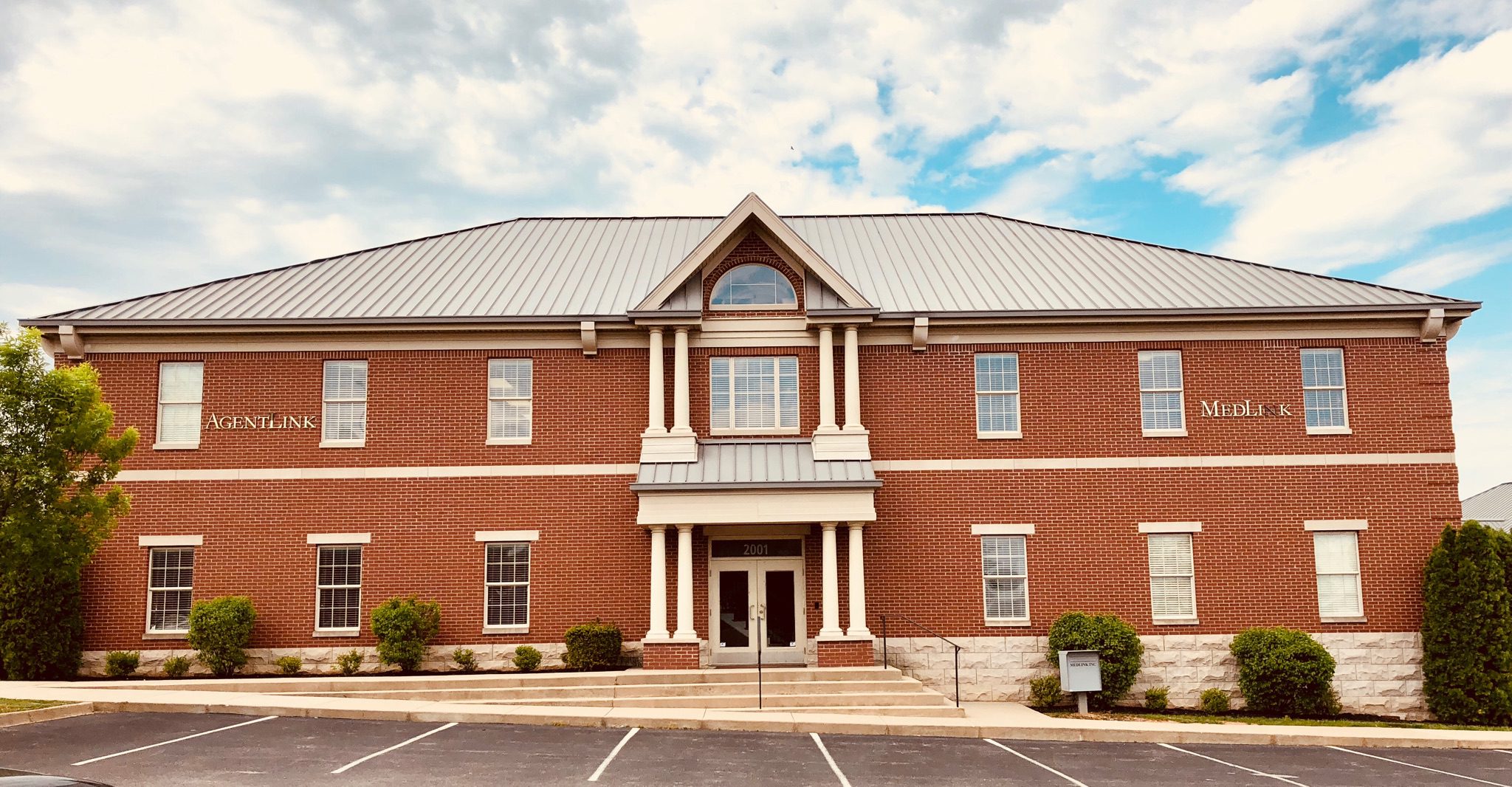Providers and members of Congress are pushing the CMS to rethink its tactics for reducing the number of improper Medicare claims.
“The bottom line is, despite doing more audits than ever before, Medicare just isn’t getting the job done when it comes to preventing payment errors,” Sen. Bill Nelson (D-Fla.), chairman of the Senate Special Committee on Aging said during a roundtable discussion Wednesday.
Hours before the roundtable, the committee released a bipartisan report (PDF) that found improper Medicare payments have climbed from 8.5% in fiscal year 2012 to 10.1% or $50 billion in FY 2013, despite the fact the CMS has hired more recovery audit contractors to track providers who may be overbilling for Medicare services.
The lawmakers said the RAC program may be failing to change behavior because its incentive structure is based on recovering money that Medicare shouldn’t have paid rather than reducing improper claims. The contractors receive contingency fees of 9%-12.5% for their recoveries.
“This could be viewed as providing an incentive to keep improper payment rates high,” the Senate report says.
Members of Congress would like to see the CMS explore ways to incorporate the contractors’ effectiveness at reducing improper payment rates over time into financial incentive structures.
The lawmakers assembled a roundtable of providers, consultants, lawyers, and auditors to find ways to improve the program. The CMS, according to Sen. Susan Collins (R-Maine), declined to participate, which she called “very odd and frankly unacceptable.”
The American Hospital Association recommended that the CMS impose a financial penalty on RACs when a denial is overturned on appeal, arguing the program needs a check on the strong financial incentive RACs have to deny claims. Melinda Hatton, senior vice president and general counsel of the hospital trade group, pointed to a report from HHS’ Office of the Inspector General finding that its members were successful in 72% of the inpatient claims denials that they appealed. Some hospitals have reported success rates above 95%, Hatton said said.
Another way to counter the draw of the RACs’ contingency fee would be to delay the payments to the contractors until the appeals are exhausted, said Margaret Hambleton, vice president of corporate compliance at San Francisco-based health system Dignity Health.
The CMS is making changes to the RAC program as it prepares to award a new round of contracts. For example, the contractors won’t be paid the contingency fee until their decisions have been upheld at the second level of the six-stage appeals process. The Government Accountability Office approved that change after two contractors protested the terms. The previous RAC contracts expired in February.
The appeals process, meanwhile, has become so clogged that a handful of hospitals and systems recently joined the AHA in a lawsuit asking a judge to compel HHS to fulfill its statutory obligation to resolve appeals within 90 days. The current average is 16 months.

